NETL Direct Air Capture (DAC) Center
Our Team
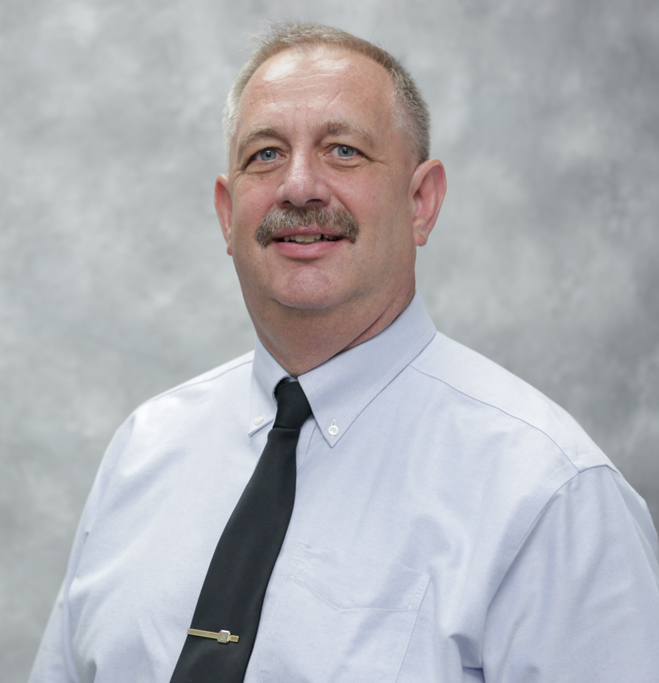
James Hoffman
Responsible Person, NETL DAC Center
James Hoffman is a research engineer with 31 years of experience within the Research & Innovation Center of the U.S. Department of Energy, National Energy Technology Laboratory. His primary areas of research have centered on environmental controls for the use of fossil fuels in electric generation. He currently serves as Task Technical Coordinator for post combustion CO2 capture using solid sorbents. He has a BS in Chemical Engineering, MS & PhD in Mechanical Engineering, all from Penn State University.
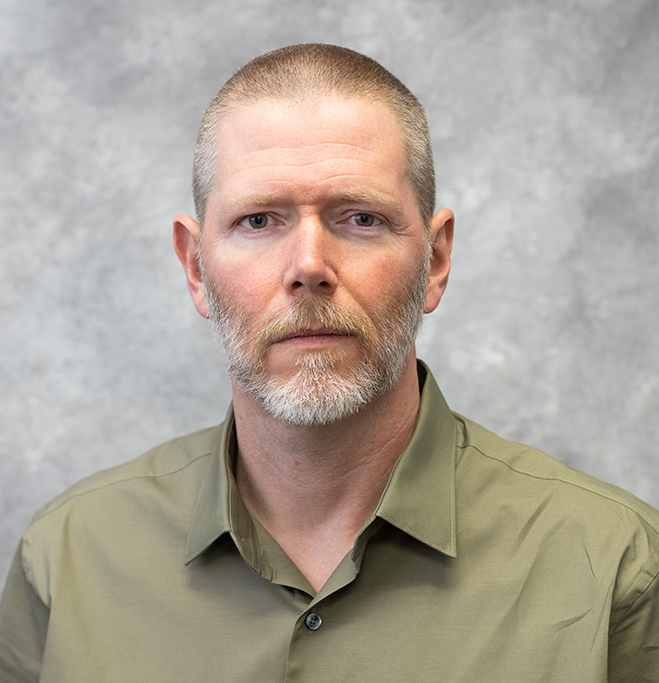
David Luebke
Technical Director, NETL DAC Center
In his two decades as an engineer, scientist, and entrepreneur, Dave Luebke has developed the strong conviction that turning amazing science into great products is both the most difficult and the most rewarding step in the R&D process. Since 2023, he’s been helping technology developers do just that in his role as Technical Director of NETL’s Direct Air Capture Center. Dr. Luebke holds a Ph.D. in Chemical Engineering from the University of Pittsburgh. He spent the first 12 years of his career as a carbon capture researcher at NETL before leaving in 2014 to try his hand at entrepreneurship. He founded two successful companies, but ultimately his passionate belief in the urgency of implementing carbon management brought him back to the lab to lead the DAC Center. He is the author of more than 70 peer-reviewed publications and an inventor on 11 patents.
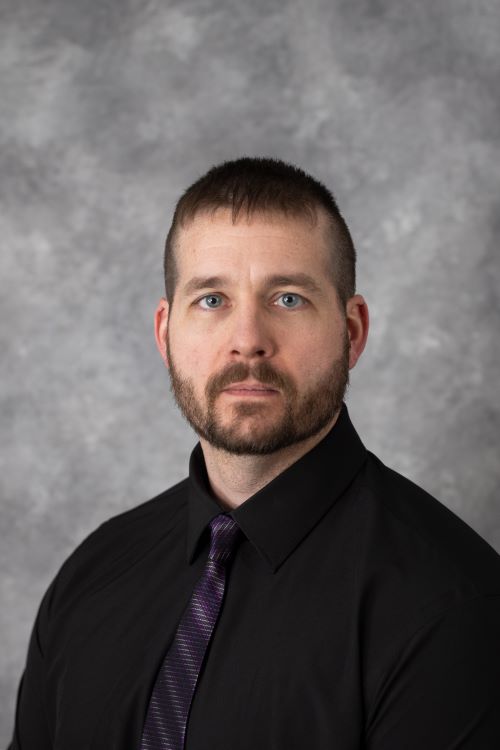
Chris McNary
Operation Lead, NETL DAC Center
Chris McNary joined NETL’s Direct Air Capture (DAC) Center in 2023 as part of the Leidos Research Support Team (LRST) supporting NETL as a research engineer. McNary spent the first seven years of his career as a lead distiller and part-owner of a craft-spirits distillery. While there, he was responsible for multiple projects including initial site construction, vessel installation, sensor and system integration, production optimization, scheduling, and product research and development. He brings a wealth of knowledge to the DAC Center, ranging from R&D to custom integrated solutions. He is an author/co-author on eight peer-reviewed publications. McNary holds a doctorate in physical chemistry from the University of Utah.
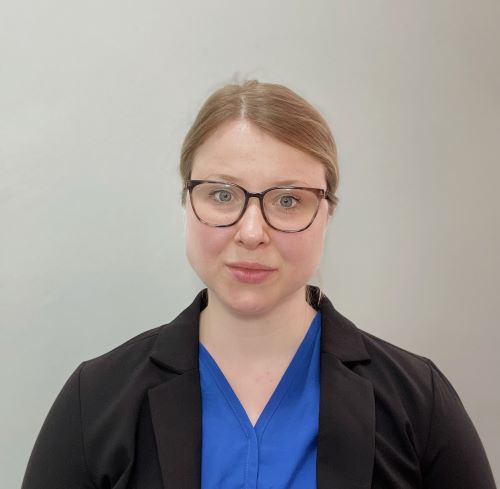
L. Viktoria Pretzman
Project Manager, NETL DAC Center
Laura V. Pretzman is a federal project engineer supporting innovation and research within NETL’s Direct Air Capture Center. Pretzman leverages her engineering background and experience to support NETL and DAC Center technical research projects. She holds bachelor’s degrees in chemistry and chemical engineering and a master’s in systems engineering.
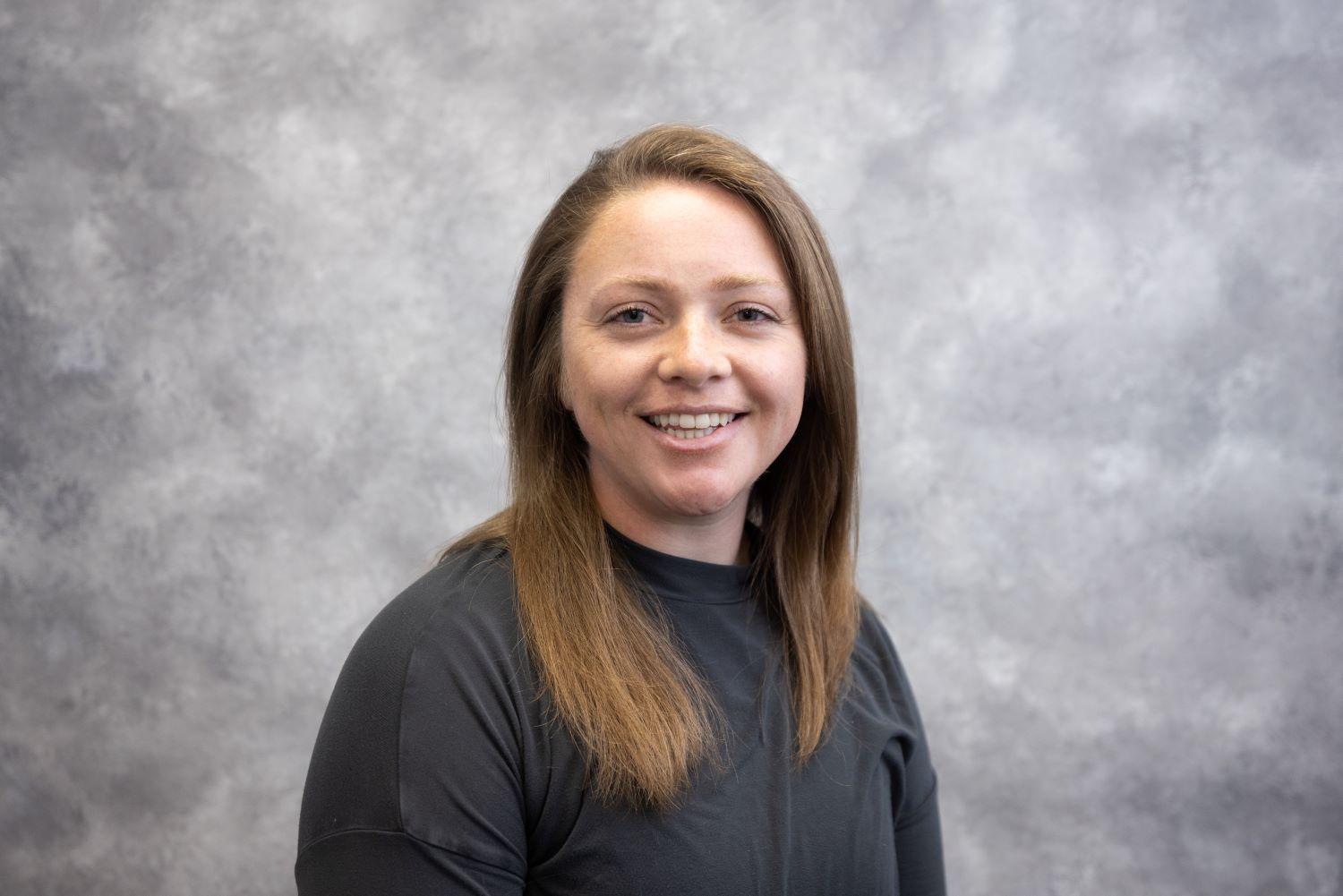
Hannah Sieger
Contracting Officer’s Representative, NETL DAC Center
Hannah Sieger currently serves as a general engineer for NETL’s Facility Planning and Engineering directorate. Since joining the Lab in 2022 she has been actively engaged in planning and guiding the contractor effort for construction of NETL’s Direct Air Capture Center. Prior to joining NETL, Sieger worked with a general contractor specializing in design-build contracts on new and existing builds for governmental entities in the Washington, D.C metro area. In the first six years of her career, she garnered broad field experience and served in positions ranging from engineering to project management, quality control and estimating. Sieger holds a bachelor’s degree in civil engineering from Virginia Tech.
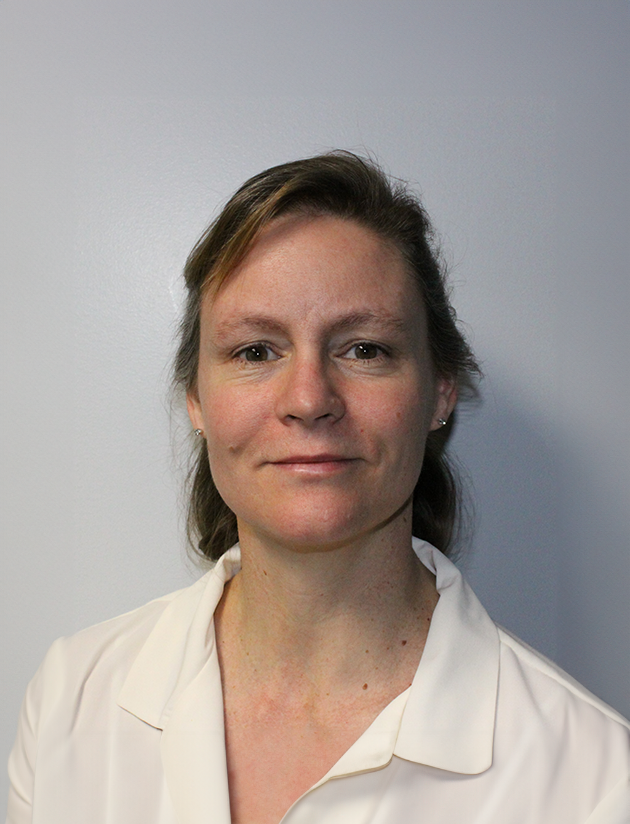
Jan Steckel
Technical Portfolio Lead, Carbon Dioxide Removal
Jan Steckel is a research scientist at NETL and serves as the technical project lead for the Carbon Dioxide Removal Field Work Proposal. Since 2002, when she joined the Lab as a National Research Council fellow, Steckel has led numerous projects in materials development in carbon capture, separations, and sorbent development technology areas. Currently, she is the senior principal investigator for two carbon dioxide removal multi year research plan (MYRP) goals: “MYRP Goal 3: Develop and validate methods for quantitative prediction and measurement of pollutant emissions from and secondary pollutant capture by CDR technology” and “MYRP Goal 5: Create and validate a comprehensive roadmap to development, technology transfer, and commercialization for CDR technology.” Steckel is the co-author, with David Sholl, of the popular book “Density Functional Theory: A Practical Introduction”. She earned her doctorate in theoretical chemistry from the University of Pittsburgh where she studied electronic structure theory and density functional theory methods with Professor Ken Jordan. She carried out post-doctoral work at the University of Vienna where she worked studied surface reactions on diamond and platinum under the mentorship of Georg Kresse.
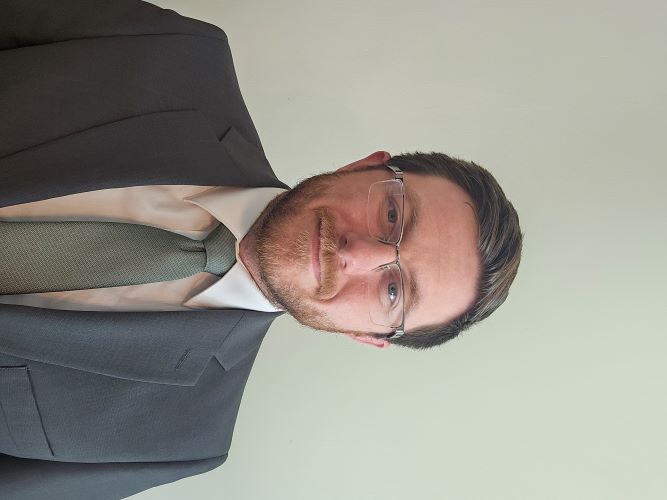
Chris Burns
DAC Researcher
Chris Burns is an engineer supporting the Direct Air Capture Center as part of the Leidos Research Support Team. Prior to joining in 2024, he worked as an analytical chemist in industrial hygiene and product failure analysis. Later moving into the medical field, developing diagnostic tests for genetic disorders. Burns holds a bachelor's degree in chemistry from Saint Vincent College.
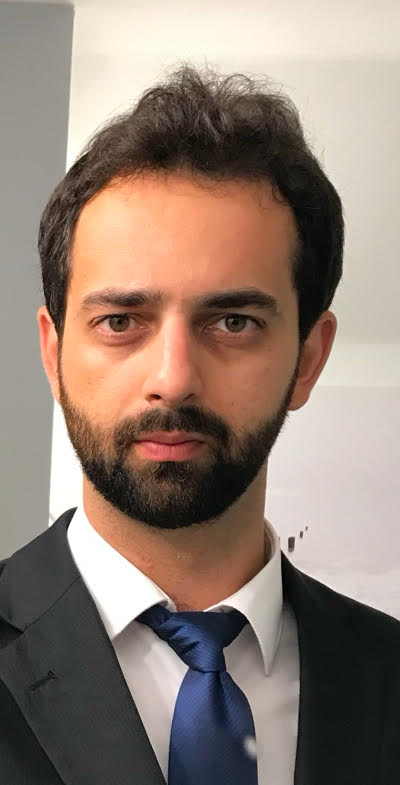
Stangherlin Barbosa
DAC Researcher
Thiago Stangherlin Barbosa holds a Ph.D. in Civil, Environmental, and Sustainable Engineering from Arizona State University (ASU). During his doctoral and postdoctoral research at ASU, under the advisement of Klaus Lackner, a pioneer in direct air capture, he focused on characterizing novel materials for efficient CO2 adsorption and desorption/regeneration. His work encompassed various CO2 capture processes, including temperature swing, temperature-vacuum swing, moisture swing, and one-time CO2 capture. He also created and optimized sorbent form factors and standardized methodologies for scaling up sorbents from the milligram to kilogram scale.



